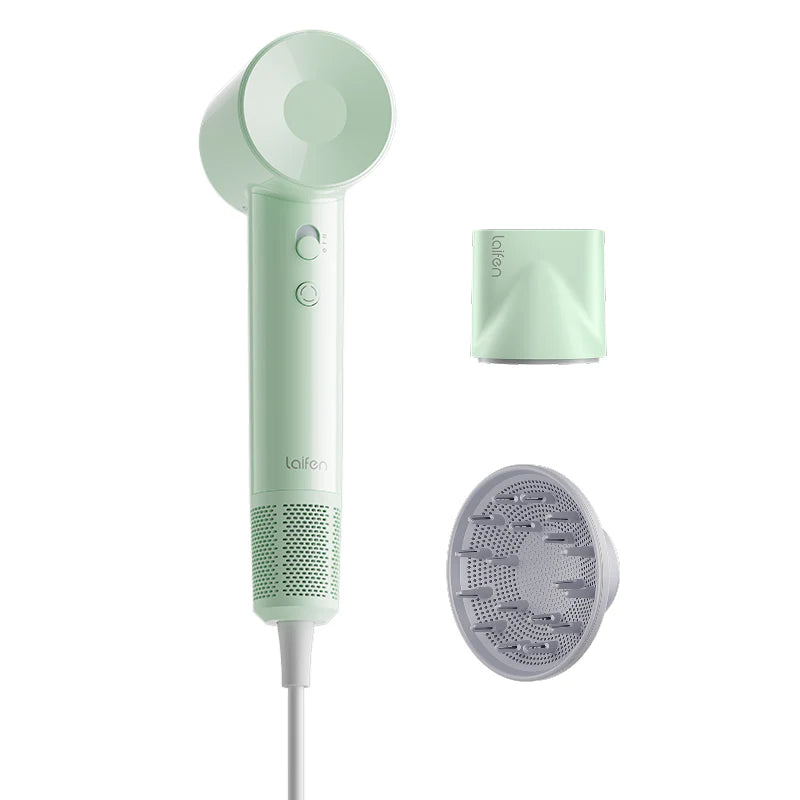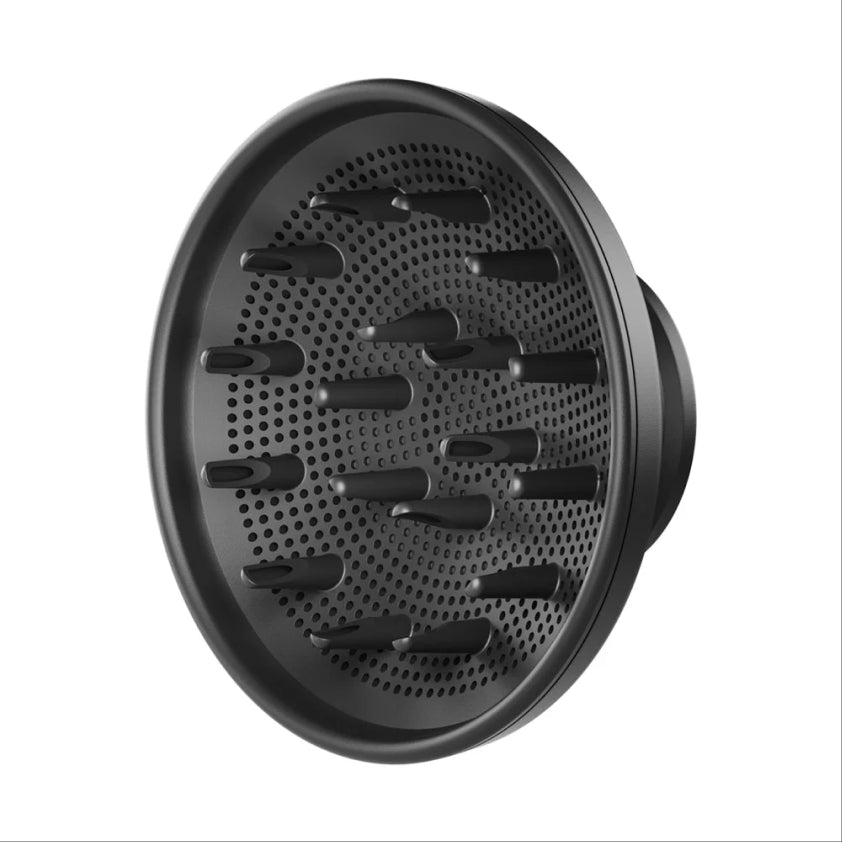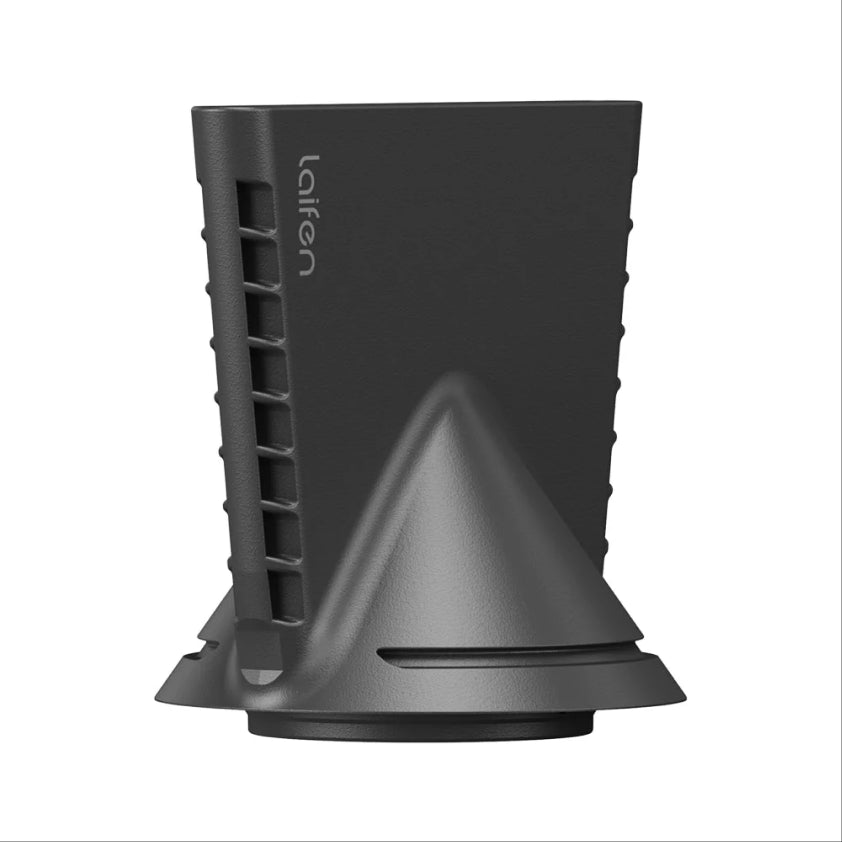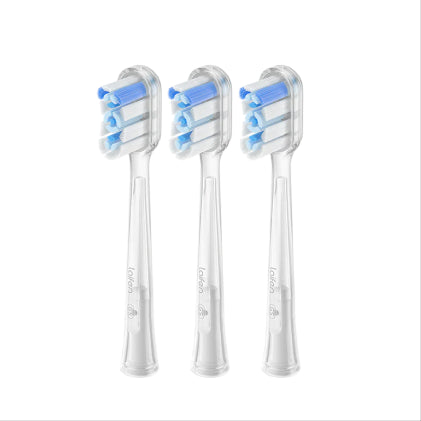
In this article
Proper tooth cleaning is essential! Our oral health and much more depend on it. Not only does it give you a bright smile, but it also protects against cavities and gum disease. But which methods are best? How often should you have your teeth cleaned? In this article, you’ll learn everything important about tooth cleaning.
Professional Teeth Cleaning
Professional teeth cleaning is more effective than what you can do at home. It helps remove:
- Plaque
- Tartar
- Stains
This type of cleaning should be done every six months to remove stubborn buildup that daily oral care cannot always eliminate.

Steps of Professional Teeth Cleaning:
- The dentist first examines your teeth thoroughly.
- Plaque removal using special instruments.
- Tartar removal follows.
- Then, your teeth are polished, making them smooth and shiny.
- Finally, a fluoride toothpaste is used for a thorough cleaning.
Afterward, your dentist will advise you on how to continue care at home and may create a personalized treatment plan for your specific needs.
How Often Should You Get Your Teeth Cleaned?
The frequency of professional teeth cleaning depends on several factors. If your teeth are healthy and you maintain good oral hygiene, it’s recommended to get your teeth professionally cleaned twice a year. In some cases, once a year may be sufficient. People with gum disease or braces may need more frequent cleanings.
Frequency Recommendations:- Healthy teeth: Once or twice a year
- Braces: Every 3-4 months
- Gum issues: As per your dentist’s recommendation
Teeth Cleaning Process
Professional teeth cleaning follows a clear procedure that ensures a thorough cleaning and care for your teeth. Here are the typical steps in the treatment:
- Examination: The dentist checks the condition of your teeth.
- Plaque removal: Plaque and tartar are removed using special tools.
- Polishing: Your teeth are polished, which removes stains.
- Fluoride treatment: Finally, a fluoride treatment is applied, protecting your teeth.
These steps help keep your teeth healthy and looking great.
Cleaning Your Teeth at Home
It’s not just about professional teeth cleaning—proper cleaning at home is equally important. Here are some tips on how to clean your teeth correctly at home:
- Floss daily to clean between your teeth.
- Use an electric toothbrush for a deeper clean.
- Add mouthwash to your daily routine.
Regular flossing is especially crucial, as it helps clean hard-to-reach areas between teeth and removes bacteria.
Flossing Your Teeth
Flossing is often overlooked but is incredibly important. It removes food particles and bacteria between your teeth that a toothbrush can’t always reach. Flossing reduces the risk of cavities and gum disease.
Ultrasonic Teeth Cleaning
Ultrasonic cleaning is an innovative method that provides gentle yet thorough cleaning. It works through high-frequency sound waves that loosen plaque and tartar. This method is becoming increasingly popular because it’s much gentler than traditional methods.
Cleaning Teeth Stained by Coffee and Tea
Stains caused by coffee, tea, and nicotine are common problems, but proper teeth cleaning can help prevent or reduce them. Regular brushing, flossing, and professional teeth cleaning are key to minimizing these stains.
Tips to Avoid Staining:
- Use whitening toothpaste regularly
- Rinse your mouth after drinking colored beverages
- Use a straw to minimize contact with your teeth when drinking
Electric Toothbrush and Teeth Cleaning
Dentists recommend electric toothbrushes as the best method for home cleaning. Their fast movements help remove plaque more effectively than traditional toothbrushes. Many models also offer different modes for sensitive teeth, gum care, and whitening.
Why Use an Electric Toothbrush?
- Better plaque removal
- Gentle on gums
- Various modes for personalized care
- Easy to use, especially with braces
A Suitable Electric Toothbrush
The Laifen Wave toothbrush is an innovative electric toothbrush ideal for daily cleaning. Its oscillating motion ensures a particularly thorough clean while still protecting the gums. It effectively removes plaque, leaving you with beautiful, white teeth!
Advantages of the Laifen Wave Toothbrush:
- Up to 66,000 movements per minute
- Gentle on gums
- Multiple cleaning modes for personalized care
- Long battery life and quick charging
- Practical, ergonomic design
This toothbrush is increasingly recommended by dentists due to its ability to provide especially thorough cleaning.
Teeth Cleaning at the Dentist vs. At-Home Cleaning
Cleaning your teeth at home is crucial, but it can’t fully replace the benefits of professional dental cleaning. While your daily care routine helps maintain oral hygiene, your dentist can remove stubborn deposits that are hard to reach. Both methods complement each other and are vital for long-term dental health.
At-Home Cleaning – Advantages:
- Daily maintenance
- Cost-effective and time-saving
- Convenient to use
- Helps prevent dental issues
Professional Dental Cleaning – Advantages:
- Professional equipment and methods
- Removes deep, stubborn plaque
- Prevents serious dental problems
- Provides a thorough cleaning
At-Home Cleaning – Disadvantages:
- May not reach all areas
- Risk of missing problem spots
- Relies on personal discipline
Professional Dental Cleaning – Disadvantages:
- Requires a fee
- Only done 1-2 times a year
- Can feel uncomfortable
Teeth Cleaning – Avoid These Mistakes
Good teeth cleaning is essential for your oral health. However, many people make mistakes that can lead to dental issues. These mistakes are avoidable, and knowing what to avoid ensures a healthy smile.
Common Mistakes to Avoid:
- Using incorrect brushing technique – Improper brushing can be harmful.
- Using the wrong toothbrush – Too hard of a brush can damage gums.
- Forgetting to floss – Flossing removes food particles between teeth.
- Brushing too hard – Excessive pressure can damage enamel.
- Ignoring the tongue – It needs cleaning to remove bacteria.
- Skipping dental appointments – Regular check-ups are crucial.
- Using an old toothbrush – They become less effective and may harbor bacteria.
- Choosing the wrong toothpaste – Use one with fluoride for extra protection.
- Brushing right after meals – Wait at least 30 minutes after eating.
- Losing motivation – Maintaining good dental habits is important for long-term health.
Conclusion – Teeth Cleaning
Regular teeth cleaning is essential. You should visit your dentist 1-2 times a year for professional cleaning. However, at-home care is equally important. By following proper techniques, you can maintain the health of your teeth year-round. Use an electric toothbrush and don’t skip flossing to ensure effective cleaning and stain removal. With these steps, you can look forward to healthy, white teeth. Start today!
FAQs About Teeth Cleaning
1. What is professional teeth cleaning?
Professional teeth cleaning removes tartar and plaque, ensuring clean teeth and fresh breath. You'll notice the difference immediately after the cleaning.
2. How often should you get your teeth cleaned?
It's recommended to have your teeth cleaned every 6 to 12 months, depending on your oral health. Your dentist can provide the best guidance for your specific needs.
3. Does teeth cleaning hurt?
Most of the time, it’s painless. People with sensitive teeth might experience some discomfort, but severe pain is not expected.
4. How much does teeth cleaning cost?
The cost typically ranges from €80 to €150, depending on the clinic and region. It's a good idea to ask around and compare prices at different dental practices in your area.
5. Can you clean your teeth at home?
At-home cleaning is only surface-level. For a thorough cleaning, you should see a dentist. Professional cleaning can’t be replicated at home.
6. Does teeth cleaning help prevent discoloration?
Yes! It can remove light stains. For more severe discoloration, additional treatments may be needed. Consult your dentist for the best advice.
7. What happens during teeth cleaning?
Tartar and plaque are removed, followed by polishing and fluoride treatment to protect your teeth.
8. Is ultrasonic teeth cleaning better?
Ultrasonic cleaning is gentle and effective, thoroughly removing tartar. However, not all dentists offer this method.
9. Does health insurance cover the cost?
Most health insurance plans do not cover teeth cleaning, but some may provide a subsidy once a year or cover a portion of the cost. Check with your health insurance provider for details.
10. Does teeth cleaning damage enamel?
No, when done correctly, it won’t harm enamel. In fact, it helps protect it, so there's no need to worry.























